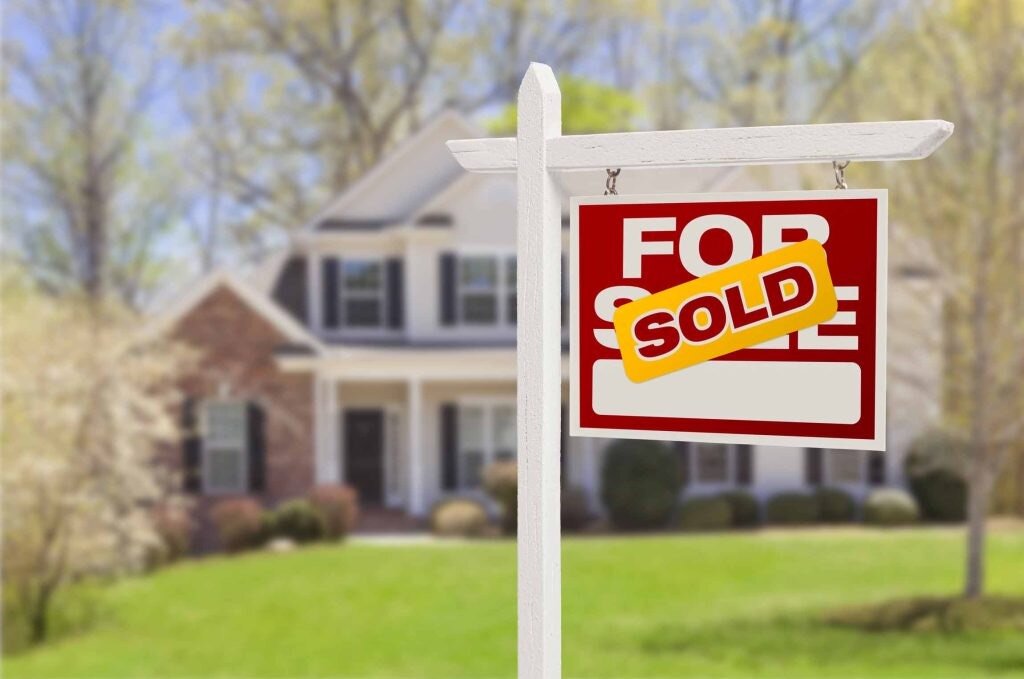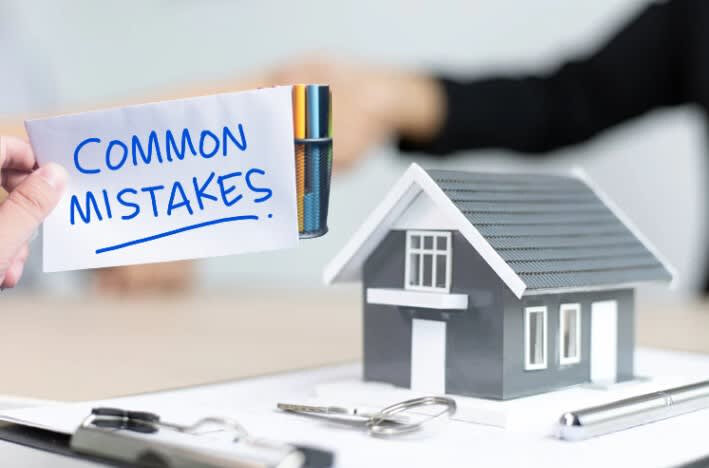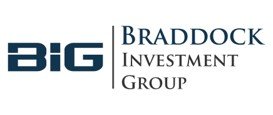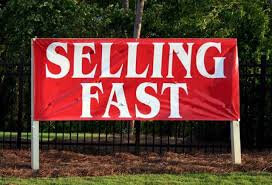Inheriting a property can feel like receiving an unexpected gift, but the reality often presents complex challenges that many heirs aren’t prepared to handle. Whether it’s your childhood home filled with precious memories or an investment property from a deceased relative, determining the right price to sell an inherited home requires a strategic approach that balances emotional attachment with market realities.
With the median home price in the U.S. reaching $414,000 as of April 2025, inherited properties represent significant value, but pricing them correctly can make the difference between a quick, profitable sale and months of carrying costs that eat into your inheritance. This is particularly relevant in established suburban communities like Elk Grove Village, Mount Prospect, Rolling Meadows, Berwyn, and Arlington Heights, where inherited properties often represent decades of family history and accumulated equity.
If you’ve inherited a property and are considering selling, this comprehensive guide will walk you through proven strategies to price your inherited home effectively, avoid common pitfalls, and maximize your return while minimizing stress, expenses and family strife.
The Hidden Costs of Inherited Property Ownership
Before diving into pricing strategies, it’s crucial to understand what you’re dealing with. Many inherited houses can benefit from an improved appearance before being listed for sale, but not everyone who inherits property is in a position to do so. The reality is that inherited properties often come with:
- Ongoing carrying costs: Property taxes, insurance, utilities, and maintenance
- Deferred maintenance: Years of accumulated repair needs
- Legal complexities: Probate processes, title issues, and multiple heir situations
- Emotional burden: The stress of managing an unwanted property during grief
These factors directly impact your pricing strategy and timeline, making it essential to approach the sale with both your head and heart aligned.

Strategy #1: Price Aggressively for Speed and Savings
The Fast-Sale Advantage
Homes that are well priced and marketed tend to sell in a matter of weeks compared with homes that miss on the right asking pricing, which can linger on the market for two months or more, according to CNBC. When dealing with inherited property, time truly is money.
Consider this scenario: You inherit a home worth $300,000 in Arlington Heights but price it at $320,000 hoping to maximize profit. While waiting for the “right” buyer over six months, you might spend:
- Property taxes: $3,000 (higher in areas like Mount Prospect and Elk Grove Village)
- Insurance: $1,500
- Utilities: $1,800
- Maintenance/repairs: $2,000 (potentially more in older communities like Berwyn)
- Opportunity cost: Lost investment returns
That’s $8,300 in carrying costs, effectively reducing your $320,000 asking price to $311,700 – less than if you’d priced it at $310,000 for a quick 30-day sale. This calculation becomes even more critical in markets like Rolling Meadows where property taxes and maintenance costs can be substantial.
The Cash Buyer Option
Cash home buyers typically offer 50% to 70% of your home’s value, which might seem low at first glance. However, when you factor in the eliminated costs of repairs, staging, realtor commissions (typically 5-6%), closing delays, and carrying costs, the net difference often becomes surprisingly small.
For inherited properties, cash sales offer additional benefits:
- As-is condition: No repair requirements
- Fast closing: Often within 7-14 days
- Certainty: No financing contingencies or buyer backing out
- Simplified process: Minimal paperwork and hassle
Strategy #2: Separate Emotional Value from Market Value
The Memory Tax Problem
One of the most challenging aspects of pricing inherited property is what real estate professionals call the “memory tax” – the tendency to inflate a property’s value based on emotional attachment rather than market conditions.
If it was your childhood home, the emotional attachment can make things even more challenging. You might remember the house during its prime, overlook needed updates, or assign value to features that don’t translate to today’s buyers.
Objective Valuation Methods
To combat emotional pricing, employ these professional strategies:
1. Comparative Market Analysis (CMA) Work with an experienced agent to analyze recent sales of comparable properties in the same neighborhood. The best way to determine the current fair market value of an inherited home is to get a comparative market analysis from an experienced real estate agent. This is especially important in diverse suburban markets like Arlington Heights, where ranch homes might command different prices than in nearby Mount Prospect, or in areas like Berwyn where older housing stock requires different valuation approaches than newer developments in Elk Grove Village or Rolling Meadows.
2. Professional Appraisal The first thing to do when selling an inherited house is to order a time of death appraisal. A time of death appraisal, also known as a “historical appraisal,” is used to determine the value of the home at the time of the deceased owner’s passing. This establishes your tax basis and provides an objective starting point. (If you would like a referral for a good appraiser please let us know here and we’ll be happy to help.)
3. Current Market Conditions Home price growth is expected to slow to 3.7% in 2025 compared to 4.0% in 2024 based on higher interest rates for mortgages, meaning aggressive pricing becomes even more critical in a moderating market.
Working with Professionals
Choose real estate professionals who specialize in inherited properties. An agent who knows the ins and outs of selling an inherited home will be able to guide you through the process much better than an agent without the same experience.
Look for agents who offer:
- No upfront fees: You shouldn’t pay until the house sells
- Inherited property experience: Specific knowledge of probate sales and family dynamics
- Flexible contract terms: The ability to cancel if you’re unsatisfied with performance

Strategy #3: Factor in Repair Costs Strategically
The Repair Discount Approach
Rather than investing time and money into repairs before listing, consider offering a “repair credit” or pricing the property to account for needed work. This strategy offers several advantages:
For Sellers:
- Avoid upfront repair costs and contractor management
- Eliminate risk of cost overruns
- Speed up the sale timeline
- Reduce stress during an already difficult time
For Buyers:
- Control over repair quality and contractor selection
- Ability to customize improvements to their preferences
- Potential tax benefits from improvement expenses
Calculating Repair Discounts
Use this formula to determine appropriate repair pricing:
- Professional inspection: Get a detailed report of needed repairs
- Contractor estimates: Obtain quotes for major items
- Apply multiplier: Add 20-30% buffer for unexpected issues
- Subtract from market value: Reduce asking price accordingly
For example, if comparable homes sell for $250,000 and your property needs $25,000 in repairs, price it around $215,000-$220,000 to account for the work plus a buyer incentive.
Advanced Pricing Strategies for 2025
Market Timing Considerations
More homeowners are expected to list their homes and return to the housing market in the new year as mortgage rates stabilize and home price growth slows. This increased inventory means inherited property sellers must be more competitive than ever.
Consider these timing factors:
- Seasonal patterns: Spring typically brings more buyers, particularly in family-oriented communities like Mount Prospect and Arlington Heights
- Local market conditions: Some areas may favor buyers while others favor sellers – established neighborhoods in Berwyn or Elk Grove Village may have different dynamics than newer developments in Rolling Meadows
- Economic indicators: Interest rate trends and employment data
Alternative Selling Methods
1. Auction Sales For properties requiring extensive work or in unique situations, auctions can generate competitive bidding and certainty of sale.
2. Lease-to-Own Programs If carrying costs aren’t prohibitive, lease-to-own arrangements can command higher prices while generating interim income.
3. Investor Partnerships Partner with real estate investors who can handle renovations while sharing profits.
Tax Considerations in Pricing Strategy
Capital Gains Benefits
Inherited property receives a “stepped-up cost basis” equal to the fair market value at the time of the original owner’s death. This means you typically won’t owe capital gains taxes on appreciation that occurred before you inherited the property.
However, any appreciation after inheritance is subject to capital gains tax, making quick sales even more attractive from a tax perspective.
Professional Tax Advice
Consult with a tax professional before finalizing your pricing strategy, especially if:
- The property has appreciated significantly since inheritance
- Multiple heirs are involved
- The estate is subject to estate taxes
- You’re considering rent-before-sell strategies

Common Pricing Mistakes to Avoid
Overpricing Due to Improvement Costs
Don’t assume that expensive improvements made by the previous owner translate to current market value. Homes listed that appear overpriced compared to the competition may not get a second look.
Ignoring Market Conditions
Rising inventory has some formerly hot real estate markets shifting from a seller’s market to a buyer’s market. Adjust your expectations accordingly.
Underestimating Carrying Costs
Many heirs fail to account for the true cost of holding property during the sale process, leading to rushed decisions or financial strain.
Working with Multiple Heirs
If there are other heirs involved in selling your inherited home, you may want to consult an attorney about the best way to handle these relationships and responsibilities during this process.
Key considerations include:
- Unanimous agreement: All heirs must agree on pricing strategy
- Expense sharing: How repair costs and carrying expenses will be divided
- Decision-making authority: Who has final say on offers and negotiations
- Profit distribution: How sale proceeds will be allocated
Conclusion: Your Path to a Successful Sale
Pricing an inherited property successfully requires balancing multiple factors: market conditions, property condition, carrying costs, tax implications, and family dynamics. The key is to approach the decision systematically rather than emotionally.
Remember these core principles:
- Speed often trumps price: Carrying costs can quickly erode higher sale prices
- Objective valuation is crucial: Don’t let memories cloud market reality
- Repair strategically: Sometimes pricing for needed work is smarter than doing it yourself
- Professional guidance pays: Work with experienced inherited property specialists
Whether you choose to work with a traditional agent, sell to a cash buyer like us at Braddock Investment Group Inc. Just call us at (312) 564-4058 or click here and enter your information in the form.

